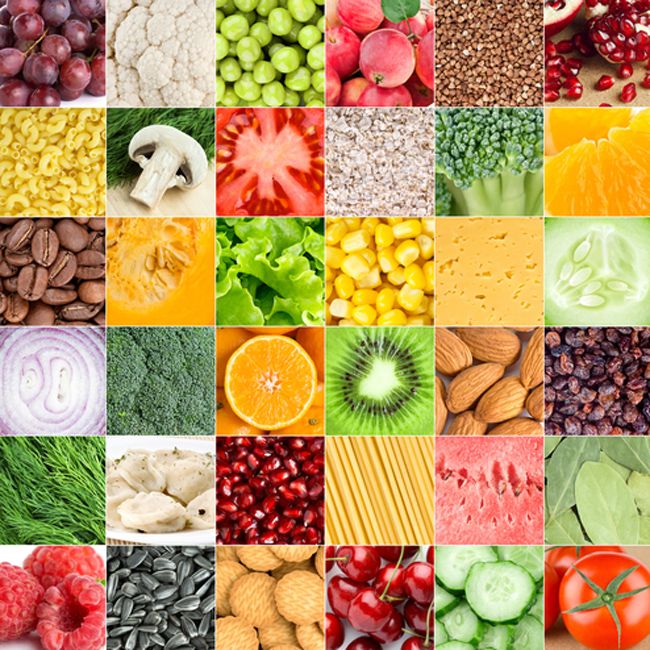

Eating healthy does not have to be boring. There are massive amounts of food that are both healthy and tasty.
Here are the 50 healthiest foods on Earth. Most of them are surprisingly delicious.

1-6: Fruits and Berries
Fruits and berries are among the world’s most popular health foods.
This is not surprising, given that they taste incredible. Fruits are also very easy to incorporate into the diet, because they require little to no preparation.
1. Apples
The apple is high in fiber, vitamin C and numerous antioxidants. Apples are very fulfilling, and perfect as snacks if you find yourself hungry between meals.
2. Avocados
Avocados are different than most fruits, because they are loaded with healthy fats instead of carbs. They are creamy, tasty and high in fiber, potassium and vitamin C.
3. Bananas
Bananas are among the world’s best sources of potassium. They are also high in vitamin B6 and fiber. Bananas are ridiculously convenient and portable.
4. Blueberries
Blueberries are not only delicious, but also among the most powerful sources of antioxidants in the world.
5. Oranges
Oranges are well known for their vitamin C content. They are also high in fiber, antioxidants and taste incredible.
6. Strawberries
Strawberries are highly nutritious, and are low in both carbs and calories.
They are loaded with vitamin C, fiber and manganese, and are arguably among the most delicious foods in existence.
Other Healthy Fruits
There are many other healthy fruits and berries that aren’t listed here.
Some examples: Cherries, grapes, grapefruit, kiwi, lemons, mango, melons, olives, peaches, pears, pineapples, plums and raspberries.
7. Eggs
Eggs are among the most nutritious foods on the planet.
They were previously demonized for being high in cholesterol, but new studies have shown that they are perfectly safe and healthy (1, 2).
8-10: Meats
It is a myth that meat is harmful. Unprocessed, gently cooked meat is one of the healthiest and most nutritious foods you can eat.
8. Lean Beef
Lean beef is among the best sources of protein in existence, and loaded with highly bioavailable iron. Choosing the fatty cuts is fine if you’re on a low carb diet.
9. Chicken Breasts
Chicken breast is low in fat and calories, but extremely high in protein. It is a great source of many nutrients. Again, feel free to eat fattier cuts of chicken if you’re not eating that many carbs.
10. Lamb
Lambs are usually grass-fed, and their meat tends to be high in Omega-3 fatty acids.

 233k
233k  41k
41k  Subscribe
Subscribe 